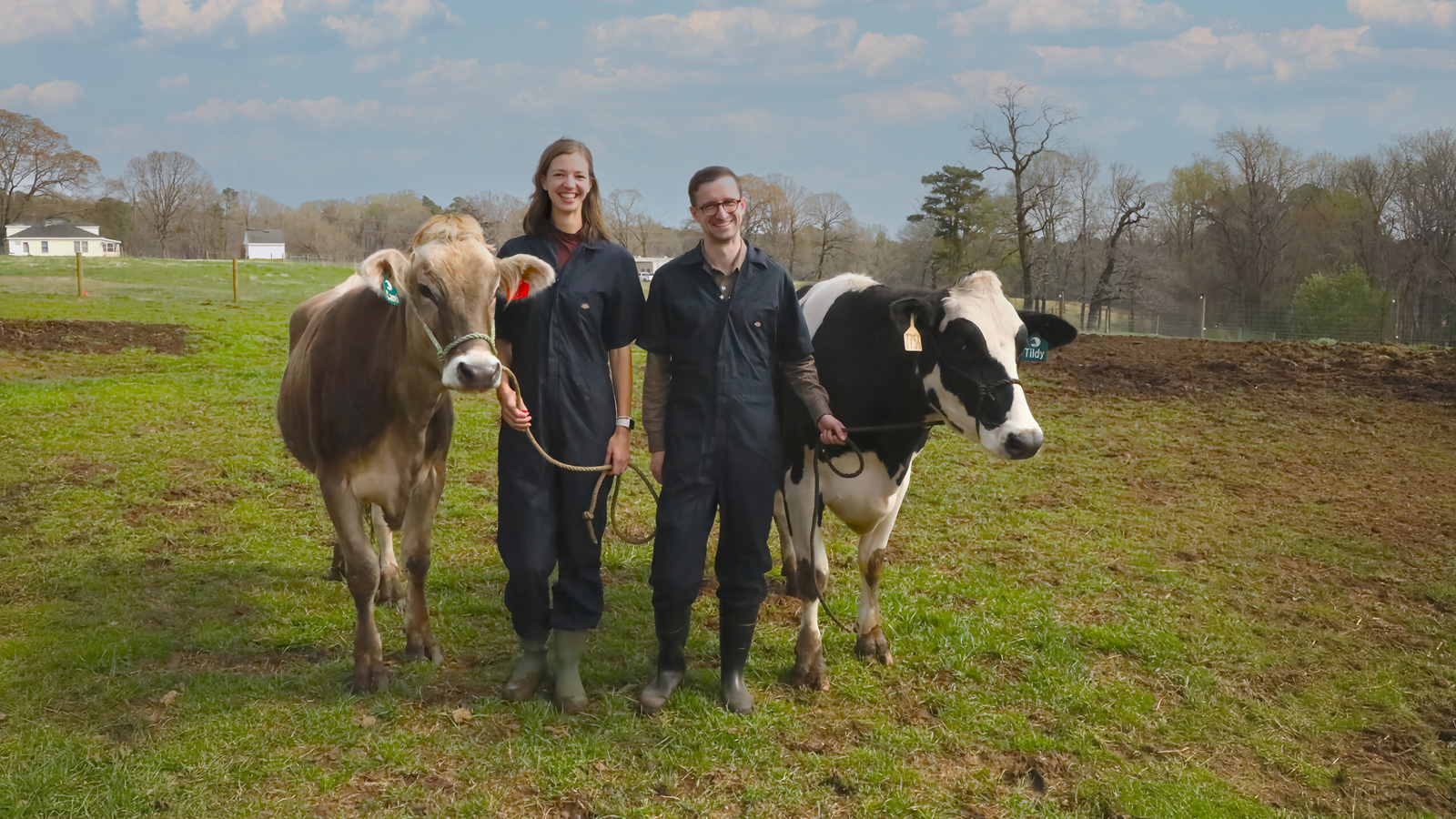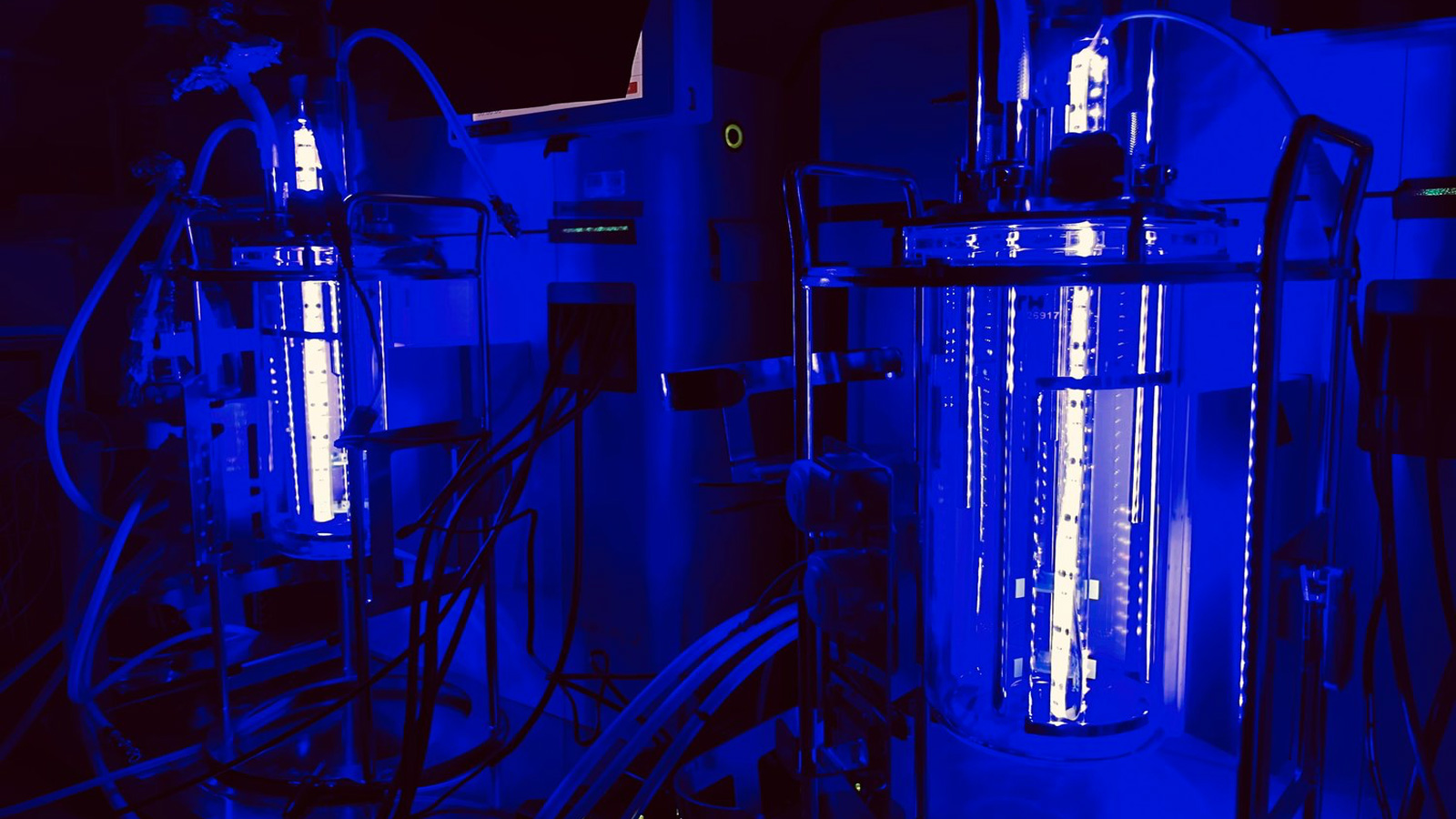Featured Trends
We’ve sliced and diced our portfolio into distinct “trends” that define our edge.
Climate Tech 100
We are pleased to report that as of April 2021 the SOSV Climate Tech 100 have raised $1.85 billion from investors and have a market cap of $5.65 billion. The average company is four years old. SOSV (our parent fund) has invested $89 million in these companies and was in most cases the first investor, though we continued investing through early rounds.
IndieBio has never been one to shy away from the riskiest and most impactful investments for our planet. In fact, we embrace them.
Female Founders
Boosting female representation in the startup world is an ongoing challenge, but we’re dedicated to gender balance, not only because it’s the right thing to do, but because we would be dismissing impressive companies otherwise. We’ve found that more gender balance leads to better workplace culture and better ideas being exchanged.
Future of Food
It’s not just that we can make meat and fish in the lab, or with mushrooms and chickpeas. It’s not just that AI can predict the best plant ingredients to make the best tasting milk and yogurt. And it’s not just that yeast can be fermented to produce the healthier and better food preservatives. We’re diving deep every day into the foods that will satisfy novelty-seekers and conventionalists alike.
We’re putting big bets on the newest technologies and trends we think are ahead of the curve.
Future of Medicine
Medicine ain’t what it used to be. Today, bloodletting, skull-drilling and giving children cocaine for toothaches are relics of the past. Tomorrow, so too will addictive opioids, chemotherapy, and psychiatric drugs that are non-selectively bathing our bodies in chemicals.
The future of medicine is an exciting one, and we’re excited to share the most exciting technologies that enable the next wave of medicine and healthcare.
Human Health 100
We are committed to building deep tech startups focused on human and planetary health.
Impact
Our mission has always been Human and Planetary Health from the beginning, so it’s hard to say which of our companies are “impact” companies (in some ways, they all are).
Here, we narrowed down the startups that are directly addressing sustainability issues, improving public health, mitigating inequality, and democratizing access to infrastructure and technologies.
Raising Now
Every season of the year, a new batch and about one-sixth of our alumni are in raise mode. These companies are currently raising and would love to talk to interested investors. We can set up those meetings or you can contact the companies directly.
Sustainable Solutions
Sustainable solutions in energy, manufacturing, transportation, carbon capture, and circular economy innovations.










